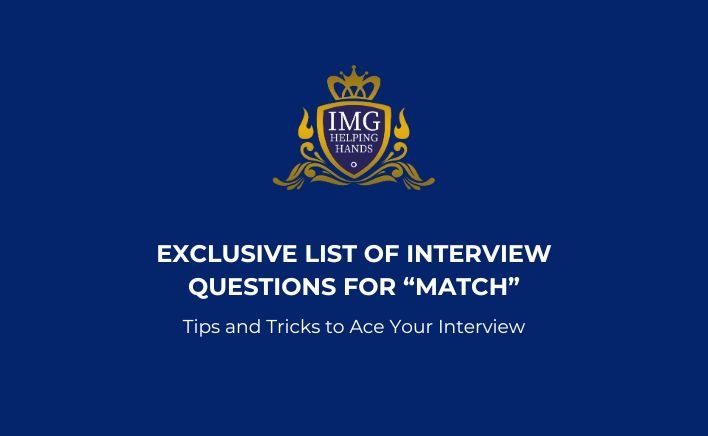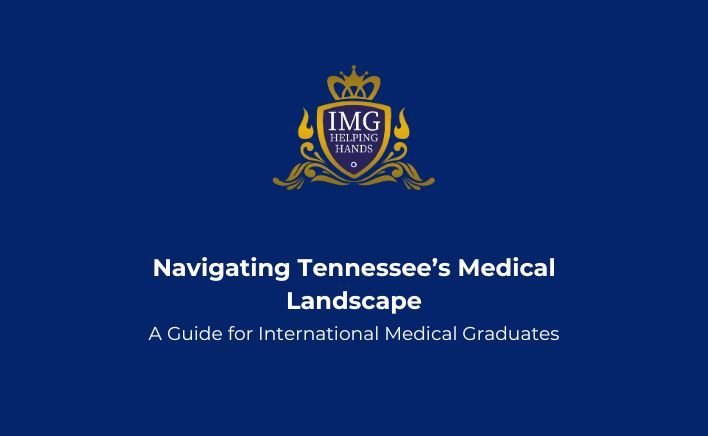

In the dynamic realm of medical licensure, staying abreast of legislative changes is crucial, especially for foreign-trained physicians. Tennessee, in its recent amendments to medical practice laws, aims to embrace more international medical graduates into its healthcare system. Let’s delve into these changes through a Q&A format to provide clarity for those aspiring to practice medicine in the Volunteer State.
How did the application process for international medical graduates in Tennessee change?
The amended legislation has expanded eligibility, allowing international medical graduates who completed residency outside the U.S. to apply for medical practice in Tennessee.
What are the requirements for international medical graduates to practice medicine in Tennessee?
To obtain a license in Tennessee, international graduates must have completed a three-year post-graduate training program or practiced for at least three out of the last five years outside the United States. Additionally, a job offer from a Tennessee healthcare provider with an ACGME-accredited training program and ECFMG certification are prerequisites.
What is the main challenge for international graduates with this new law?
Securing a position in an institution with an ACGME-accredited residency or fellowship program proves challenging, emphasizing the importance of a robust academic record, leadership qualities, and research contributions.
Do I need to complete STEP 1 and STEP 2 CK to be able to practice in the U.S.?
Yes, both STEP 1 and STEP 2 CK are mandatory for practicing medicine in the United States.
What is needed to get the ECFMG certification?
Passing STEP 1, STEP 2 CK, OET exam, and choosing one of the 6 pathways for ECFMG certification are essential steps.
What is a provisional license?
A provisional license permits practice at healthcare providers with ACGME-accredited residency programs. The licensee must be associated with an institution with such a program, and the license can be revoked if medical safety, competency, or conduct standards are violated.
How can a provisional temporary licensee transition to a full and unrestricted license?
Maintaining good standing for two years post initial licensure qualifies a provisional licensee for a full and unrestricted license, expanding practice opportunities beyond institutions with residency programs.
When does the law take effect?
The new law becomes effective on July 1, 2024.
The recent legislative changes in Tennessee signify a positive shift for international medical graduates, recognizing their skills and experiences. These amendments open new avenues, potentially enhancing healthcare provision across the state. Stay informed, navigate the process diligently, and contribute to the evolving landscape of medical practice in Tennessee.
Disclaimer: This information might be inaccurate. For the most accurate details, visit the official website of each state’s medical board.
Get our most valuable tips right inside your inbox, once per month!